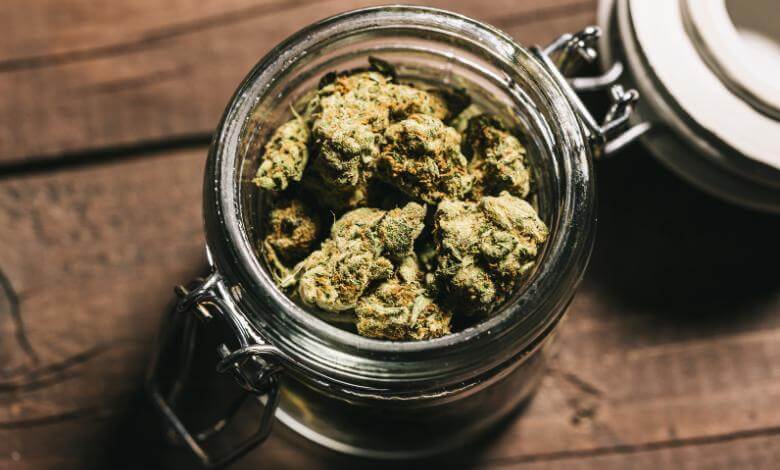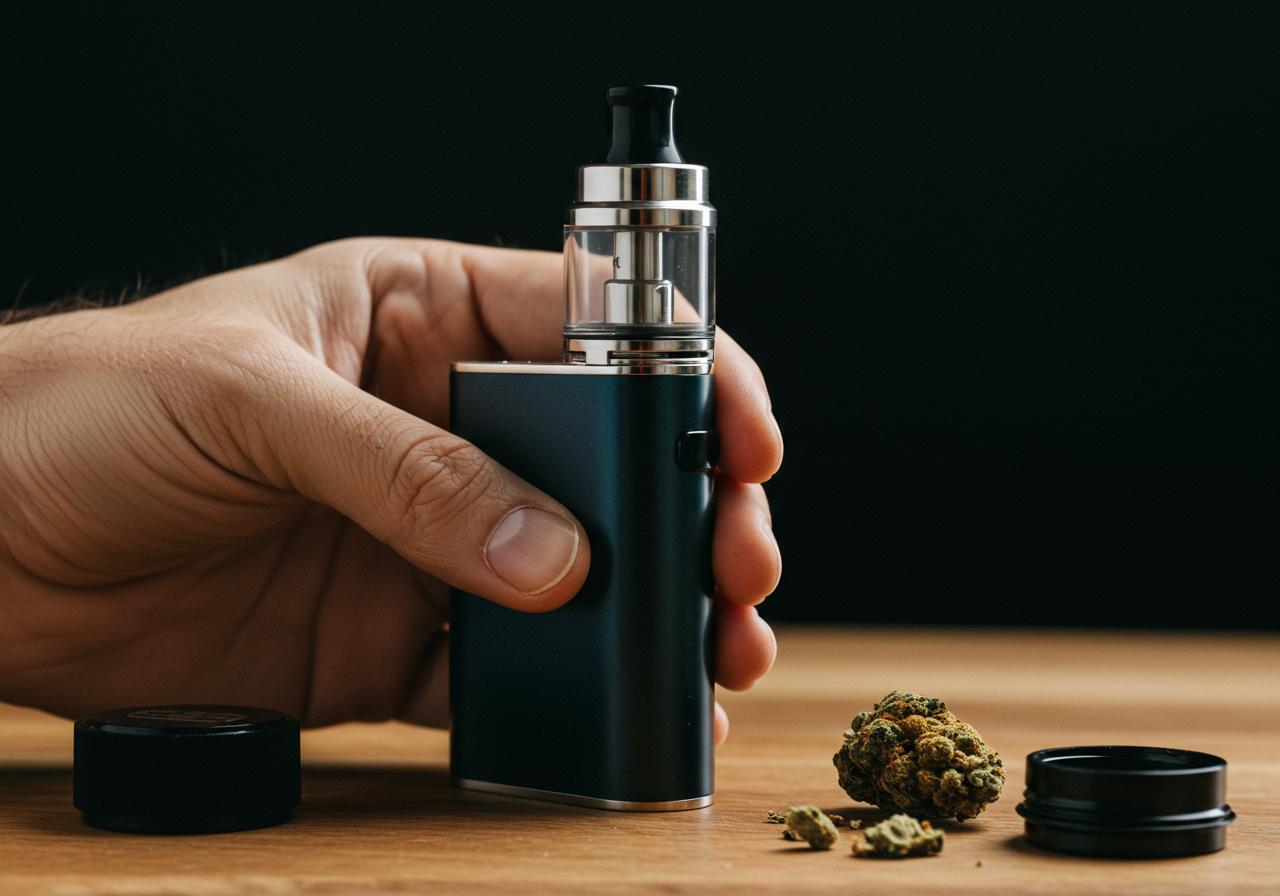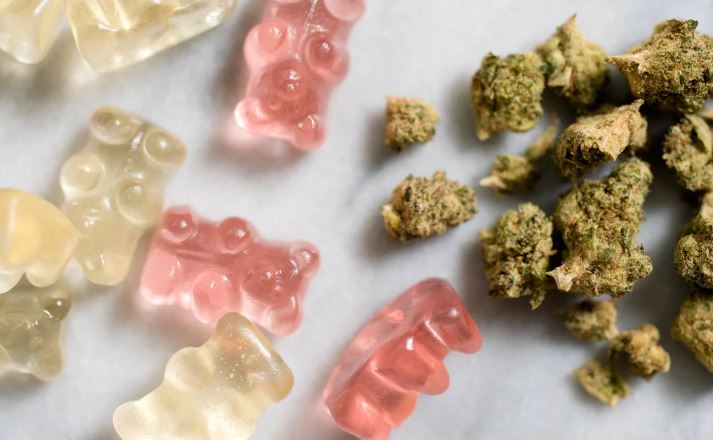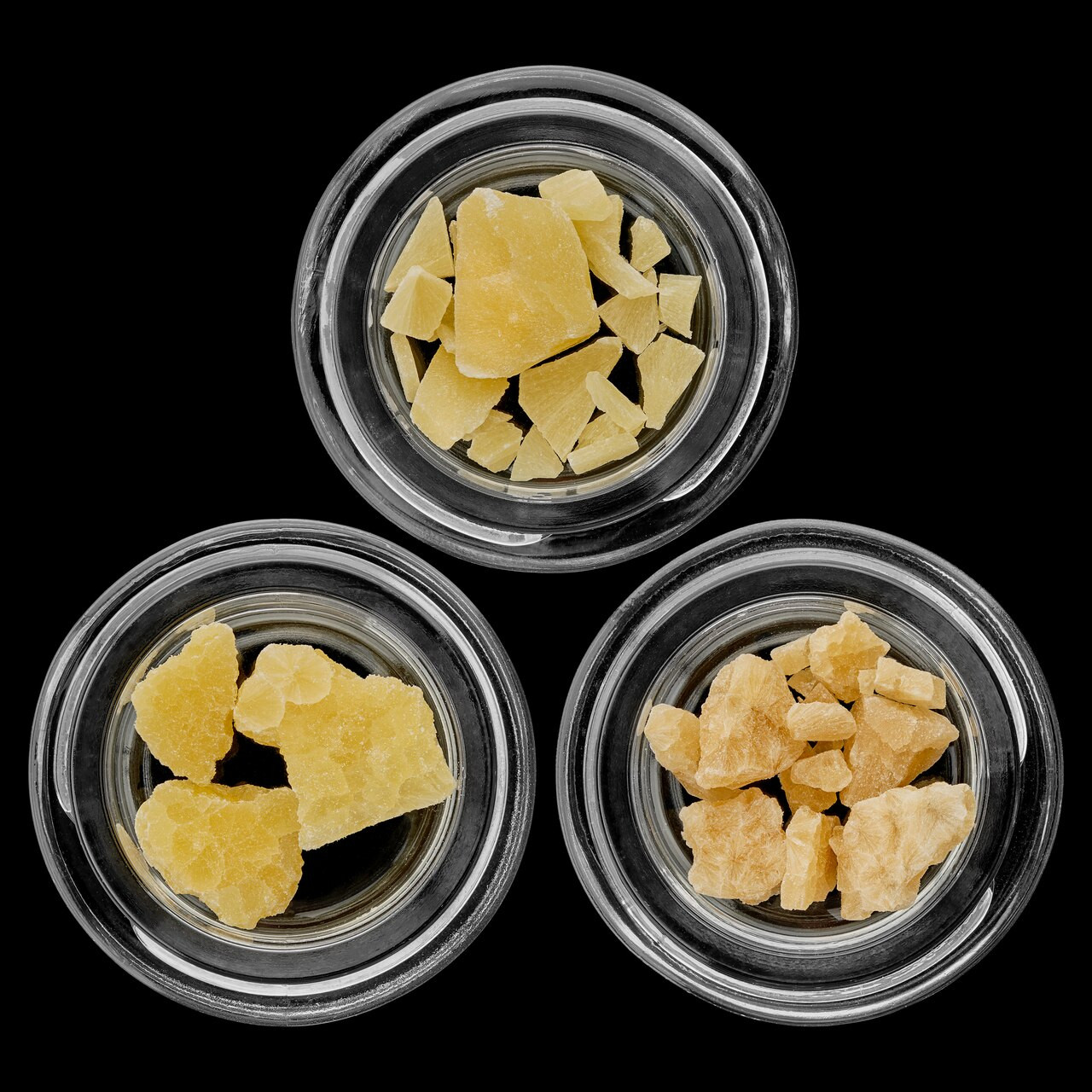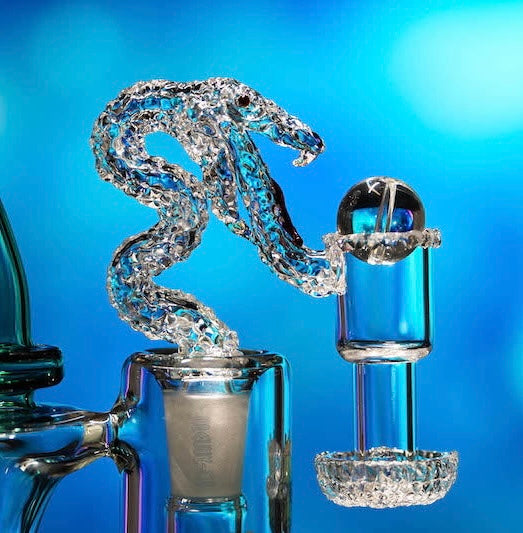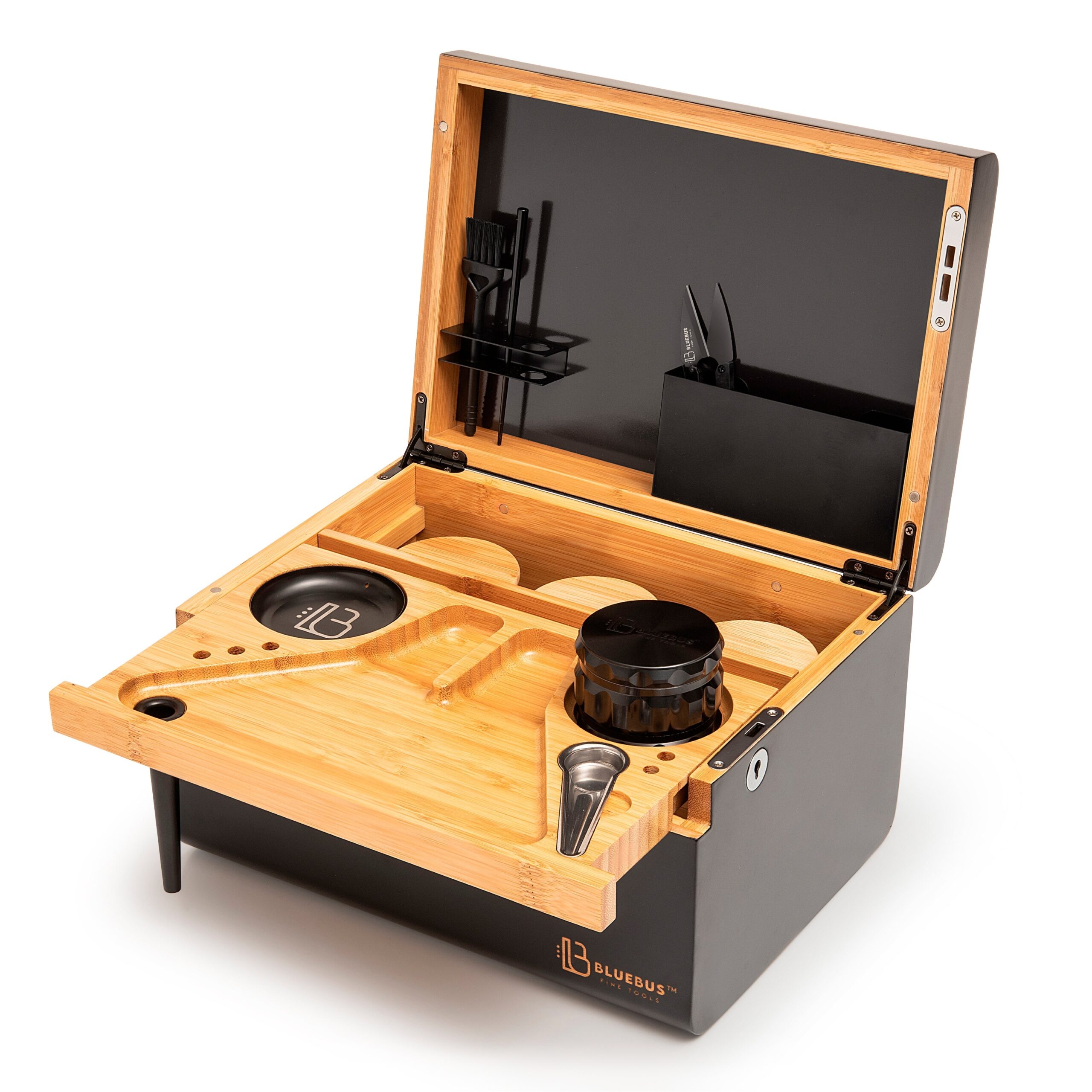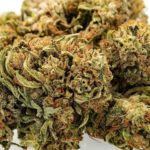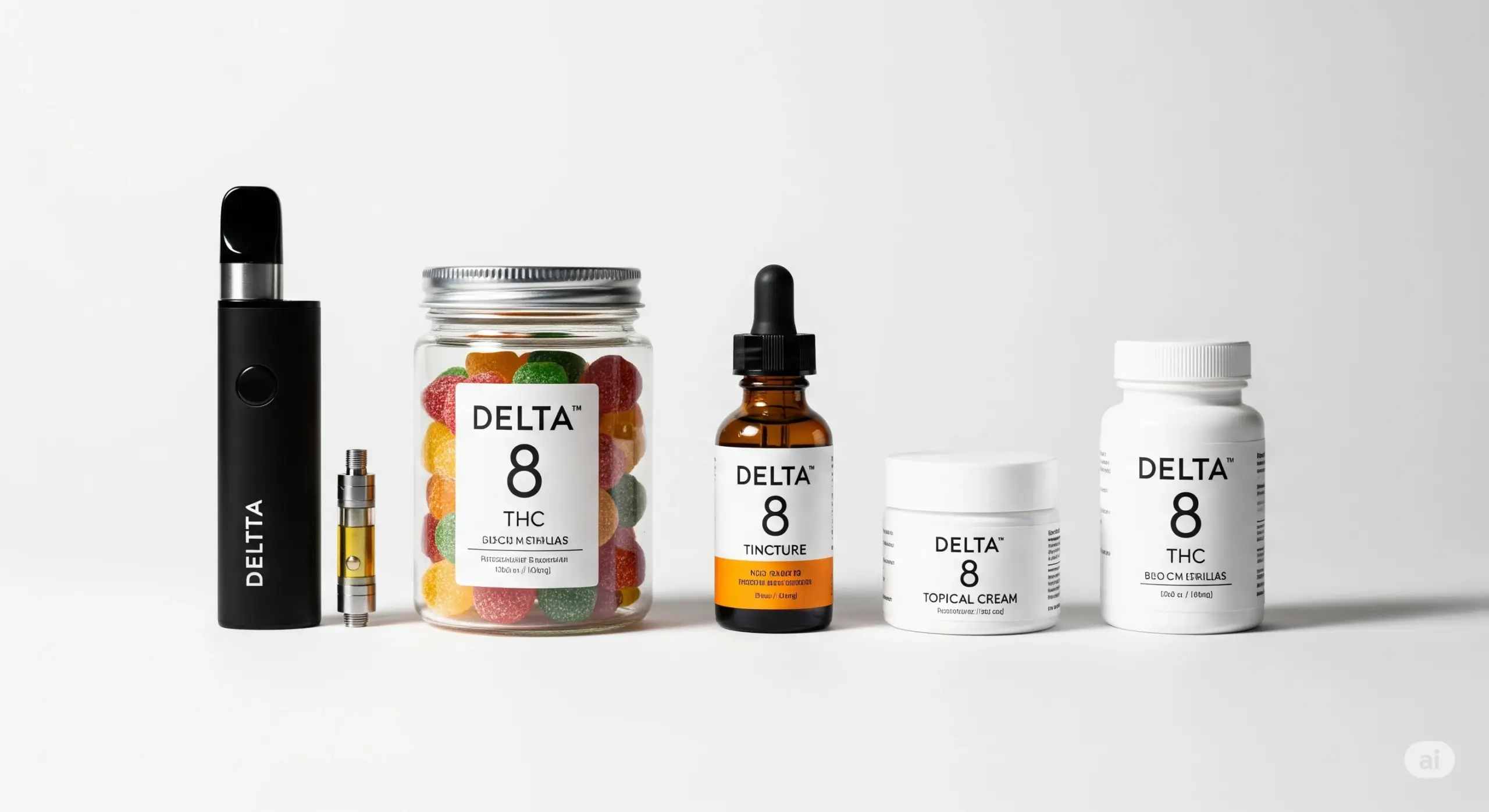
Understanding Delta 8 and Its Growing Popularity
Delta 8 THC. If you’ve been riding the waves of cannabis trends, you’ve likely heard this name cropping up more and more. Unlike its well-known sibling, Delta 9 THC, Delta 8 offers a unique twist on the cannabis experience—think of it as the smooth jazz to Delta 9’s rock ‘n’ roll. It’s a slightly milder intoxicant with fewer of the heavy-handed effects that can come with regular THC. This makes it an appealing option for those who might be dipping their toes into the cannabis pool for the first time, or for seasoned users seeking a more relaxed vibe.
Many are drawn to Delta 8 for its perceived legality and softer touch, especially in states where cannabis regulations are stringent. But before you dive headlong into the world of Delta 8 products, it’s crucial to consider the legal landscape and ensure you’re choosing high-quality, lab-tested products. Let’s explore the various forms of Delta 8 and discover which might suit your lifestyle best
Delta 8 Vape Products: Fast-Acting and Flavor-Forward
Welcome to the vibrant world of Delta 8 vapes, where flavor meets function! Vape cartridges, disposables, and pens are popular choices for those who appreciate the immediacy of the experience. These products deliver rapid onset and allow for controlled dosing, providing a quick and effective route to relaxation or creativity.
Delta 8 vapes are available in a spectrum of terpene profiles, offering flavors that range from fruity explosions to earthy undertones. When choosing a vape product, prioritize safety by looking for transparent lab results, quality hardware, and clean ingredients. If you’re just getting started, learning how THC vape cartridge batteries work is essential to ensure the best performance and longevity. And remember, keeping your vape stored in a cool, dark place helps maintain its potency and freshness.
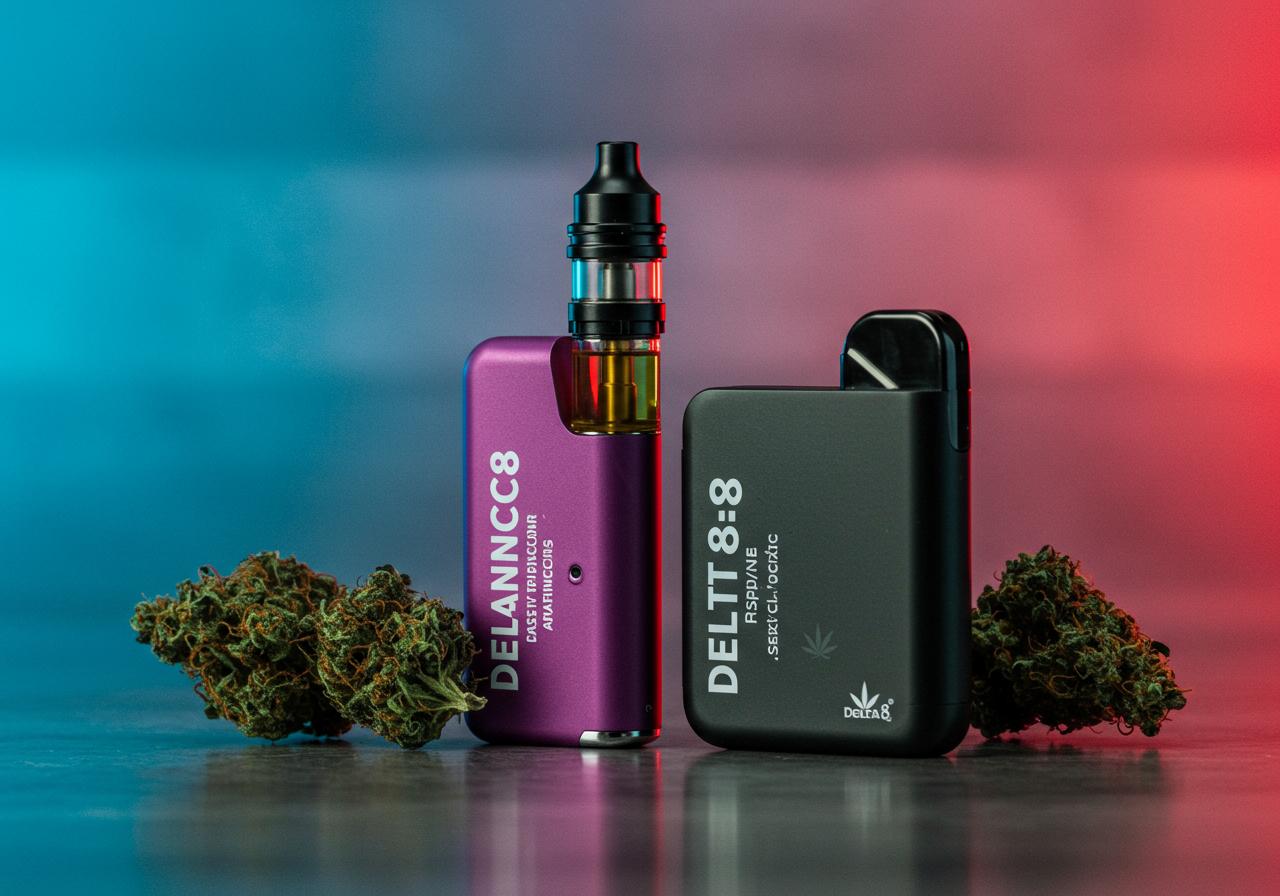
Delta 8 Gummies and Edibles: Potent, Long-Lasting Effects
Enter the delicious domain of Delta 8 gummies and edibles. These sweet treats are not just a feast for the taste buds but also offer a potent, long-lasting experience. Unlike vaping, ingesting Delta 8 means it passes through your digestive system, resulting in a more gradual onset but extended effects. This makes it perfect for winding down after a long day or easing into a restful night’s sleep.
As a beginner, start with a small dose—perhaps half a gummy—and give it some time to work its magic before considering more. If you’re curious about how edibles interact with your system, our guide on how edibles affect the body offers a science-backed perspective. Edible options are abound, from sugar-free gummies to organic chocolates, ensuring there’s something for everyone. Safe consumption involves patience and mindfulness, so pace yourself and enjoy the journey.
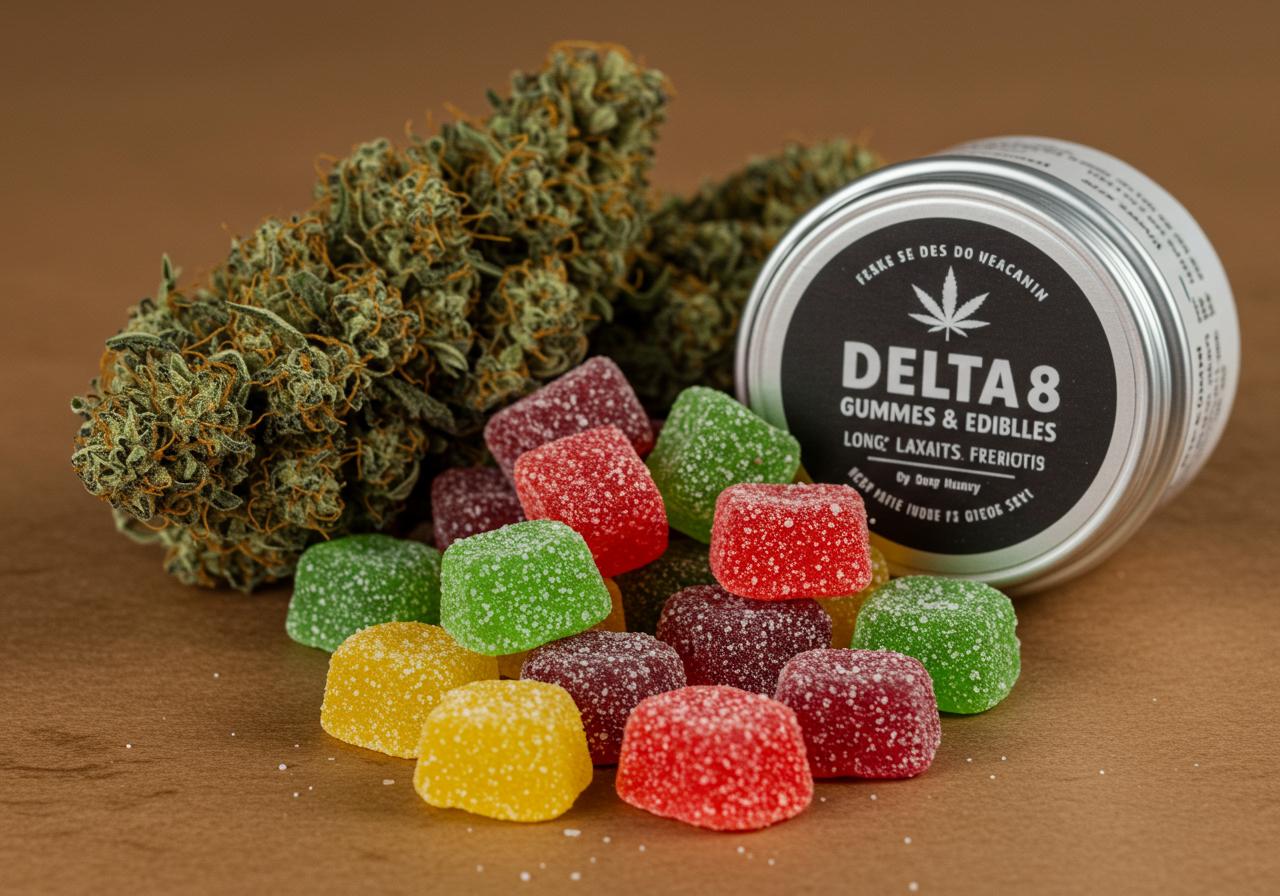
Delta 8 Tinctures and Oils: Precision Meets Versatility
For those who appreciate versatility and precision, Delta 8 tinctures and oils might just be your go-to. These products are typically consumed sublingually—placed under the tongue for quick absorption into the bloodstream. This method offers a balanced approach to dosing, allowing for more control over your experience.
When selecting a tincture, consider the carrier oil—whether it’s MCT, hemp seed, or another type—as this can affect the flavor and absorption rate. Innovations in formulations mean you’ll find everything from unflavored options to those infused with natural essences. If you’re unsure how to begin, check out this helpful guide on how much tincture oil you should take based on your needs and tolerance. Tinctures can easily be integrated into your daily wellness routine, added to smoothies, or even your morning tea.
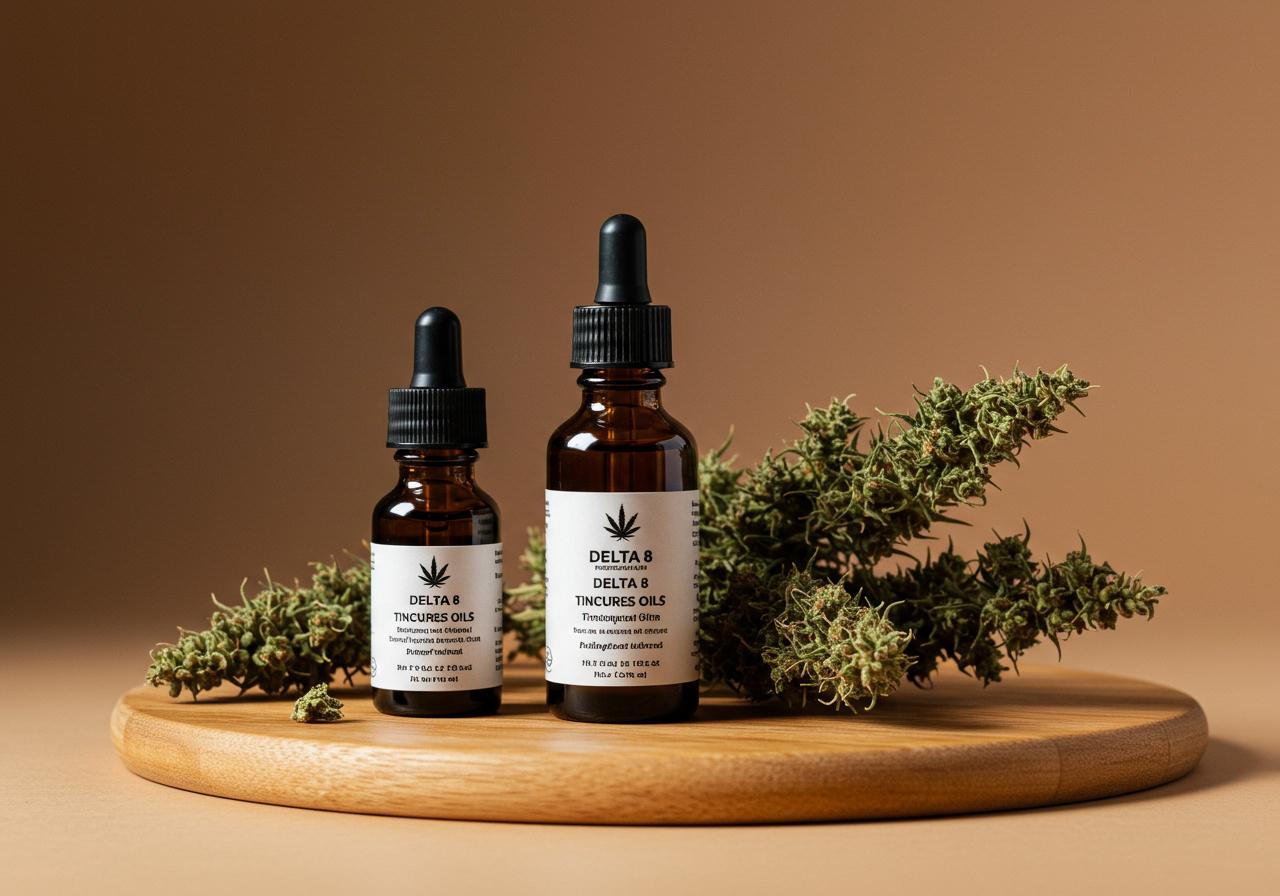
Delta 8 Capsules and Softgels: Consistency and Convenience
For the on-the-go individual or those who value consistency, Delta 8 capsules and softgels offer a hassle-free approach to your cannabis routine. These are akin to regular supplements, providing precise dosing without the taste of cannabis, making them discreet and easy to consume.
Capsules generally take longer to kick in compared to vaping or tinctures, as they need to be digested first. However, they offer a steady and predictable journey that’s ideal for medical patients or busy professionals looking for stability. To better understand how digestion affects cannabinoids, check out our breakdown on edible dosing and its timing. When shopping for capsules, look for those with clear dosing information and quality ingredients.
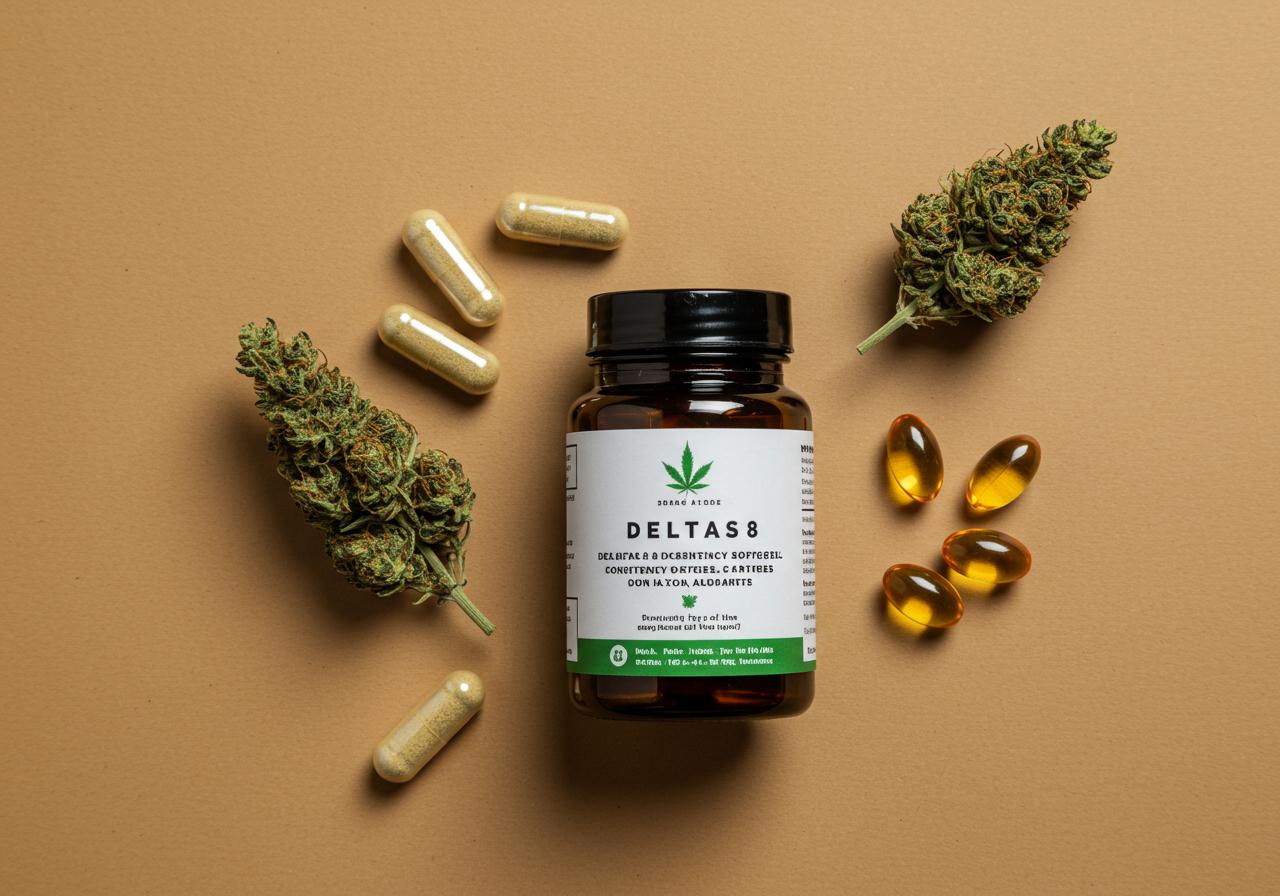
Delta 8 Flower and Pre-Rolls: The Classic Cannabis Experience
If you’re a purist at heart, Delta 8 flower and pre-rolls offer the classic cannabis aroma and ritual. Typically, Delta 8 flower is made by infusing hemp flower with Delta 8 distillate, creating a product that provides the traditional smoking or vaping experience with a twist.
Delta 8 flower offers all the sensory pleasures of traditional THC flower but with a milder effect. Popular strains are often celebrated for their unique terpene profiles—ranging from citrusy to piney scents. If you’re new to the experience, this resource on how to roll a joint can help enhance your enjoyment. Choosing reputable brands ensures you’re getting safe, high-quality products that enhance your smoking experience.
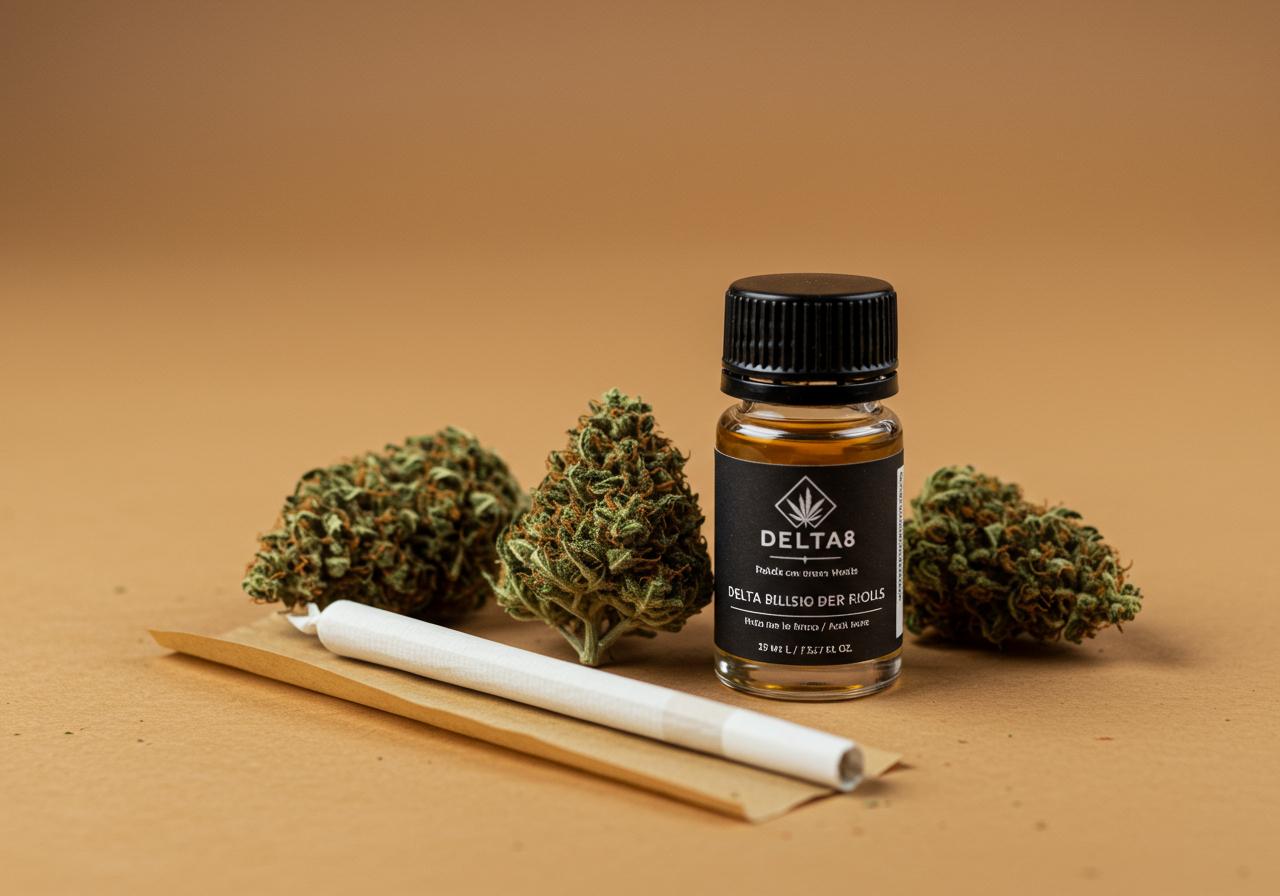
Choosing the Right Delta 8 Form for You
With so many forms of Delta 8 available, how do you choose the right one for your lifestyle and tolerance? Start by reflecting on what you hope to achieve—whether it’s relaxation, creativity, or relief from discomfort. Consider the onset time, duration, and privacy each form offers.
Remember the importance of third-party lab reports and brand transparency, as these factors ensure the safety and quality of the Delta 8 product you’re consuming. If you’re still unsure which to try, our comparison of Delta 8 vs. Delta 9 can clarify key differences. With informed choices, Delta 8 can be a delightful addition to your wellness toolkit, offering unique insights into the multifaceted world of cannabis. Safe and mindful consumption is always the key to a fulfilling experience. Enjoy exploring this fascinating facet of the cannabis plant!
